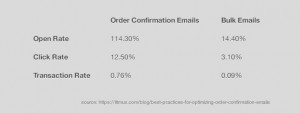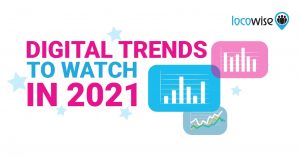Today’s “remote” worker faces an unfair uphill battle.
No one respects you.
OK, so that might be taking it a bit far, but today’s remote worker certainly doesn’t enjoy the advantages as those who work in the traditional office environment.

Consider the following two scenarios–assume both of these people are star employees who are looking to climb the corporate ladder. Which person is more likely to enjoy advancement opportunities?
- Scenario 1: 35-year-old woman decides to work from home 3 days a week to have more flexibility to spend with her growing family. She’s only in the office two days a week so she has to call in to a number of team meetings and meetings with business partners.
- Scenario 2: 35-year-old woman works in the office full time. In fact, she’s probably there close to 60 hours a week. She is constantly in meetings–often booked throughout the day.
You’re kidding yourself if you think the woman in scenario #1 has a chance against the woman in scenario #2.
Why?
Two words: Face time.
The woman in scenario #1 has little. The woman in scenario #2 has a ton of it.
And culturally, most organizations, it seems, are still fully predicated on a “face time, butt-in-the-seat” kind of mentality.
What am I basing this opinion on?
First-hand experience–especially on the corporate side.
Despite what many say, when you say you’re “working from home”, that phrase still carries a negative connotation for many on the corporate side.
You may as well be saying: “I plan to sit by the pool tomorrow and drink a Miller Lite.” I truly believe that’s what some people still think.
In 2016.
I’ve seen it with former employers.
I’ve seen it with friends.
And, I’ve experienced a little bit of it as a consultant.
Because it’s a similar dynamic.
Consider the following scenario for me: I’m at a party with a bunch of folks I don’t really know. So, I need to introduce myself and talk about what I do for a day job. If I were working on the corporate side, it would sound like this:
- Hey–Arik Hanson here. I work at Best Buy where I lead social for the organization. I’ve been there for 5 years. Before that, I worked for General Mills and Target in similar roles.
Or, I would introduce myself this way (which is actually what I do at parties and events currently):
- Hey–Arik Hanson here. I’m an independent digital marketing and PR consultant. I work mostly with large companies in the Twin Cities like Sleep Number, Andersen Windows & Doors, Trane, Thermo King and a host of other brands. I’ve been at it for seven years now. And I mostly work from home.
Which intro is more impressive? #1 for most–and it’s not close. Why? Because big companies carry credibility, sure. But also because once people here “independent marketing consultant” and “work from home” they think “woefully unemployed” or “complete bum.”
I’m hardly exaggerating.
My point in all of this: While technology has made it easier than ever for people to work remotely and for people to have more flexibility in their schedules, corporate cultures and attitudes (largely) haven’t caught up.
There is still a “butt in the seat” mindset within many corporations.
Want to make director? You need to be visible.
Want to make VP? No way you can work from home–how will you ever work the required hours?
Now, I know not every corporation behaves this way. Certainly, there are many that have adopted the opposite mentality.
But, I would argue those companies are in the minority.
And I’m not sure I see that changing anytime soon–despite what many may hope.
So, the sad reality may be this: Want to work remotely with more flexibility in your schedule? Don’t expect the same advancement opportunities as others who work in the office.
That might be the unfortunate trade-off for now…
photo credit: Home office via photopin (license)
Business & Finance Articles on Business 2 Community(36)
Report Post







